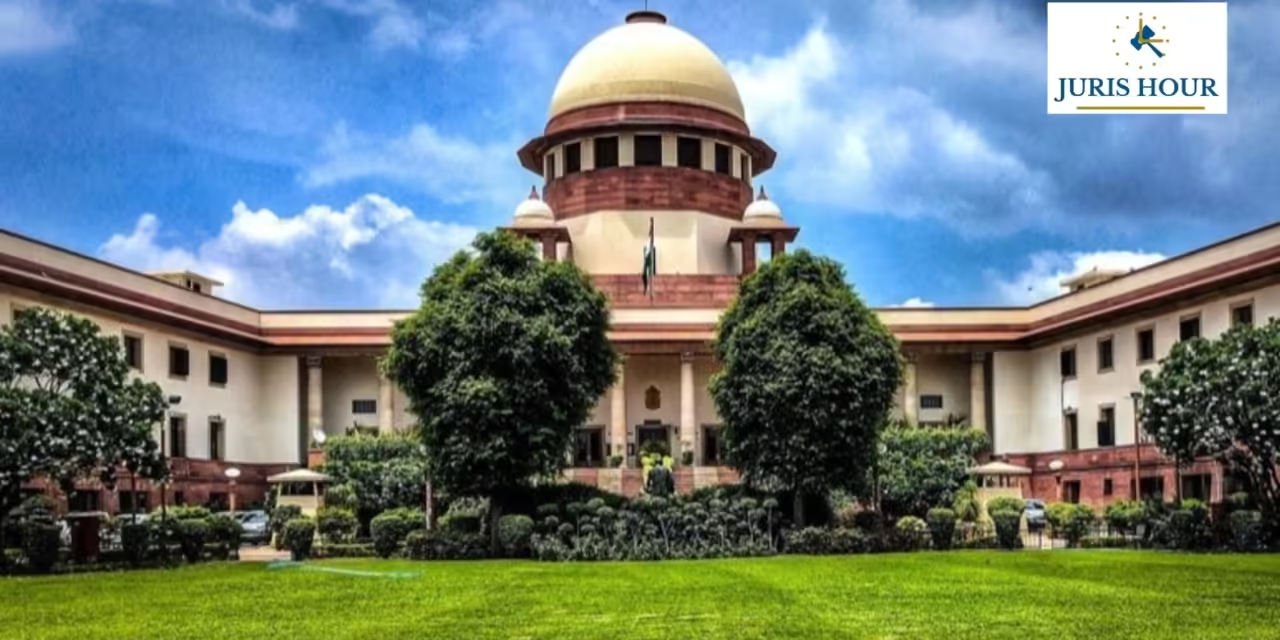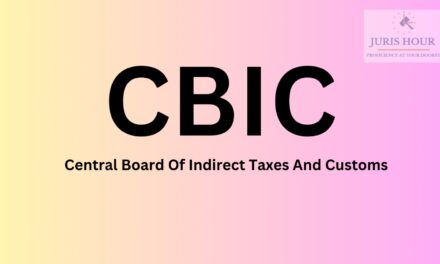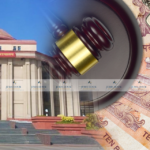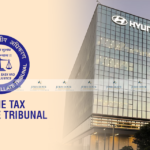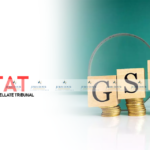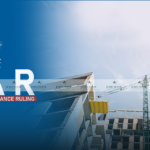The Supreme Court has held that states can levy tax on mining rights retrospectively from 2005.
The court held that while the States may levy or renew demands of tax, if any, pertaining to Entries 49 and 50 of List II of the Seventh Schedule in terms of the law laid down in the decision in MADA the demand of tax shall not operate on transactions made prior to 1 April 2005. The time for payment of the demand of tax shall be staggered instalments over a period of twelve years commencing from 1 April 2026. The levy of interest and penalty on demands made for the period before 25 July 2024 shall stand waived for all the assesses.
Facts
In Mineral Area Development Authority v. Steel Authority of India, the nine-Judge Bench of this Court answered the questions referred to in terms of the conclusions arrived at by the majority. In the process, the judgement overruled India Cement Ltd. v. State of Tamil Nadu and subsequent decisions of this Court which relied on it. After the pronouncement of the judgement, counsel for the assesses submitted that the judgement may be given prospective effect. Therefore, the proceedings were listed for hearing submissions on whether or not the judgement should be given prospective effect.
Also Read: “Whether ‘royalty’ Is A ‘tax’; Supreme Court Directs The Matter To Be Before Appropriate Bench”
Petitioner’s Arguments
The petitioner contended that in India Cement it was held the field for thirty-five years before it was overruled in MADA. Demands for tax under state legislation pertaining to Entries 49 and 50 of List II of the Seventh Schedule have been stayed in terms of the law laid down in India Cement. The affected parties (which include public sector undertakings) have factored in the state levies which were valid and applicable at the relevant point of time and passed them on to the end consumers. If State legislatures are allowed to renew the tax demands, end consumers will ultimately bear the burden;
After the decision in India Cement, the levies collected by the States were protected because of validation legislation enacted by Parliament. If a ruling creates or renews a liability for the assesses, there is no protection against retrospective demands.
Since 2015, entities bidding for mineral concessions have submitted their financial bids on the basis of the legal position in India Cement. If MADA is given retrospective effect, it will rewrite commercial bargains underpinning the mineral auctions. This Court ordinarily does not disturb past or concluded transactions in tax matters.
The doctrine of prospective overruling is well-established in Indian constitutional jurisprudence. MADA should be given prospective effect because it lays down new constitutional principles.
Where enforcement of taxing legislation was either partially or completely interdicted by judicial orders, it should be directed that no new tax demand be made for the period before the judgment in MADA, that is, before 25 July 2024.
Respondent’s Arguments
The respondent contended that the doctrine of prospective overruling is applicable only when the judgment invalidates a legislation or introduces a new interpretation by overruling its earlier decision. The doctrine of prospective overruling has never been applied to situations where the declaration of law attaches validity to taxing legislation.
If MADA is applied prospectively, India Cement judgement will have to operate till 25 July 2024. Resultantly, all relevant state legislation will be tested on the anvil of India Cement (supra) and may be declared ultra vires. This consequence is unjust and against the public interest; and
In State of West Bengal v. Kesoram Industries Ltd, a ConstitutionBench upheld the validity of legislation enacted by the State of West Bengal. After Kesoram, several states such as Chhattisgarh, Madhya Pradesh, and Rajasthan enacted legislation which was upheld by the respective High Courts. Giving prospective effect to MADA will result in a discriminatory situation. While West Bengal will continue to collect tax (which it has been doing since 1992), other states with similar enactments may be deprived of collecting tax from the date of their enactments.
Conclusion
The Apex Court held that the delay in the court proceedings should not be to the detriment of the assesses. Taking into consideration the lapse of more than three decades since India Cement and more than a decade since the matter was referred to a larger Bench, equities will be balanced if the State governments waive the outstanding interest accrued on the principal due from the assesses. The direction applies to all assesses, regardless of whether they have approached the Supreme Court or the High Courts challenging the validity of the relevant statutes.
Case Details
Case Name: Mineral Area Development Authority & Anr. v/s M/S Steel Authority of India & Anr Etc.
Citation: Civil Appeal Nos. 4056-4064 of 1999
Judges: Chief Justice of India Dr Dhananjaya Y Chandrachud, Justice Hrishikesh Roy, Justice Abhay S Oka, Justice J B Pardiwala, Justice Manoj Misra, Justice Ujjal Bhuyan Justice Satish Chandra Sharma and Justice Augustine George Masih
Date Of Decision: 14.08.2024

